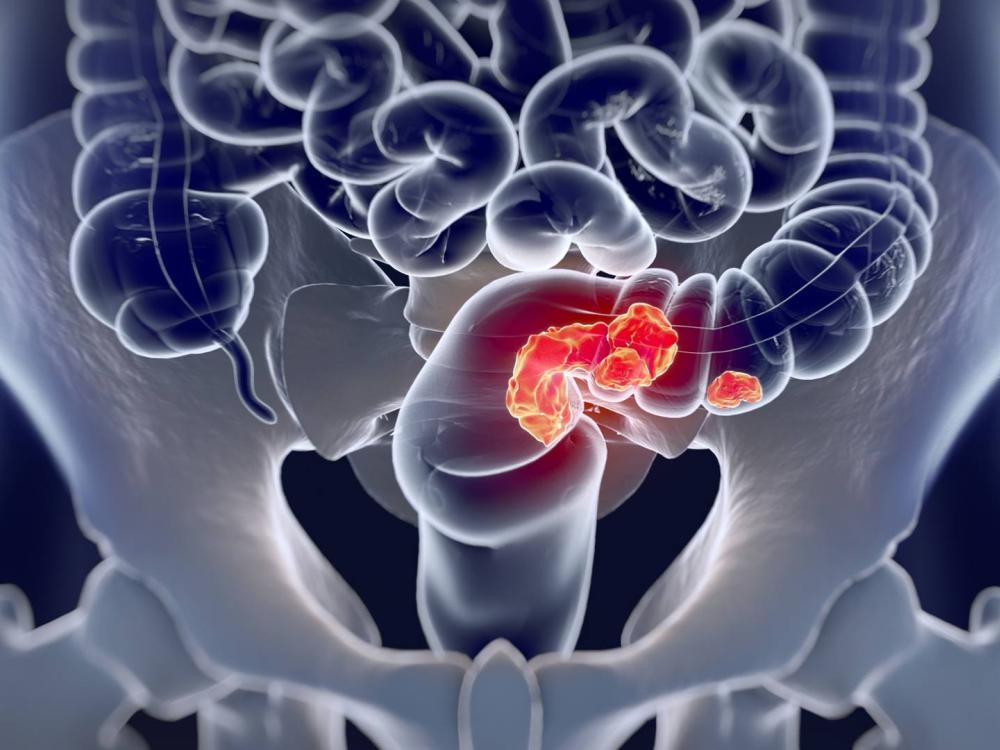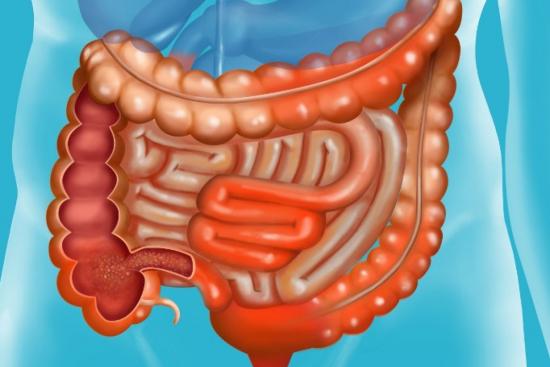Crohn's disease is a chronic inflammatory bowel disease (IBD) characterized by inflammation of all or part of the digestive tract. The disease can affect several segments of the digestive tract, from the mouth to the anus, either simultaneously or sequentially.
Although incurable, Crohn's disease can be effectively managed in Turkey with a variety of treatments available at our partner clinics.
Costs and duration of stay in Turkey
The cost of Crohn's disease treatment in Turkey can vary depending on the severity of the disease, the procedures required, and the clinic chosen.
- Gastroenterology consultations: 50 to 100 USD
- Colonoscopy: 250 to 350 USD
- Fistula surgery: 3,000 to 6,000 USD
- Bowel resection: 10,000 to 15,000 USD
The length of stay in Turkey depends on the type of treatment. Medication usually requires a stay of one to two weeks. Surgery may require a hospital stay of two to three weeks, followed by a recovery period of one to two weeks.
Tuquie Santé offers consultations with experienced experts to answer all your questions. You'll also receive a free estimate and comprehensive care when you contact us. Follow-up care is provided to ensure proper healing.
When you choose Turquie Santé for your treatments, you benefit from affordable quality care and a complete and personalized treatment experience in an environment conducive to healing and well-being. Don't hesitate to get in touch with us for more information, a free consultation, and a quote.
Best Clinics with Verified Reviews

- Multispecialized hospital
- 7 operating rooms
- Capacity é of 170 beds
Symptoms of Crohn's disease
Crohn's disease is characterized by several symptoms, including:
- Diarrhea: Often severe and persistent, it can occur several times a day.
- Abdominal pain: varies in intensity and location depending on the part of the bowel affected. This pain may be described as cramping, burning, or a feeling of heaviness.
- Vomiting: worsens the symptoms of dehydration.
- Weight loss: a direct result of poor nutrient absorption due to intestinal inflammation. Weight loss is involuntary and often significant.
- Chronic fatigue.
The severity and combination of these symptoms vary from person to person. Some people can live with mild, manageable symptoms, while others suffer more severe, disabling bouts.

Causes of Crohn's disease
The exact causes of Crohn's disease are not known. However, several factors seem to play a role in its development:
- Genetic predisposition: The risk is higher in people with a family history of the disease.
- Overactive immune system: An abnormal immune system response to healthy gut bacteria triggers inflammation.
- Environmental factors: Smoking, a Western diet and a sedentary lifestyle increase the risk.
Risk factors
If left untreated, Crohn's disease can lead to serious complications, including:
- Intestinal narrowing and obstruction.
- Intestinal perforation.
- Fistulas (abnormal tunnels between different parts of the digestive tract or between the intestines and other organs).
- Colon cancer.
- Liver and bile disorders.
- Arthritis.
- Uveitis (eye inflammation).
Treatment options for Crohn's disease in Turkey
There are several therapeutic options for the treatment of Crohn's disease in Turkey:
- Medication: anti-inflammatories, immunosuppressants, antibiotics, antidiarrheals.
- Nutrition: Dietary changes, nutritional supplements, intravenous nutrition.
- Surgery: Resection of damaged bowel segments in severe cases.
Tips and instructions
Crohn's disease is a chronic disease that requires regular medical follow-up and lifestyle adjustments.
- Follow your doctor's recommendations: Take prescribed medications, keep doctor's appointments, and follow dietary recommendations.
- Manage stress: Stress can make symptoms worse. Relaxation techniques and psychological support may help.
- Stop smoking: Smoking increases inflammation and the risk of complications.
- Eat a healthy, balanced diet: Focus on fruits, vegetables, whole grains, and lean proteins. Limit fatty, processed, and spicy foods.
- Stay physically active: Regular exercise helps maintain good overall health and can improve well-being.
Crohn's disease surgery in Turkey
In Turkey, as elsewhere, Crohn's disease may sometimes require surgery when medical treatment is no longer able to control the disease. This is especially the case when there are severe complications.
Crohn's disease surgery aims to:
- Remove the diseased part of the bowel: in cases of stenosis (narrowing),perforation, abscess, or fistula.
- Preserve as much of the bowel as possible: Unlike ulcerative colitis, Crohn's disease can affect the entire digestive tract. The goal is to minimize bowel resection to preserve digestive function.
In fact, surgery does not completely cure Crohn's disease. Recurrences can occur even after surgery.
For more information on Crohn's disease surgery in Turkey, Turquie Santé has experienced specialists available to answer your questions.
Share this page






